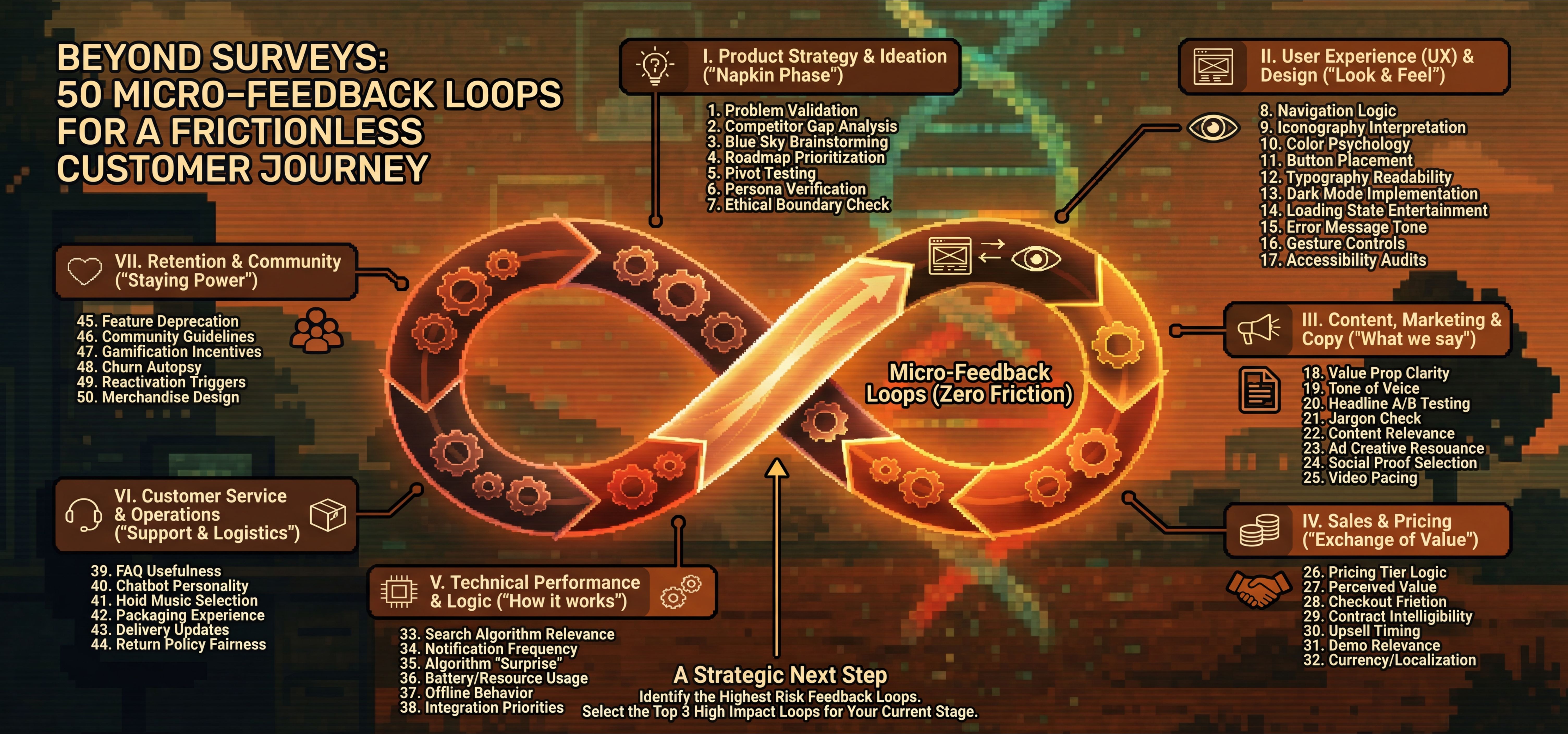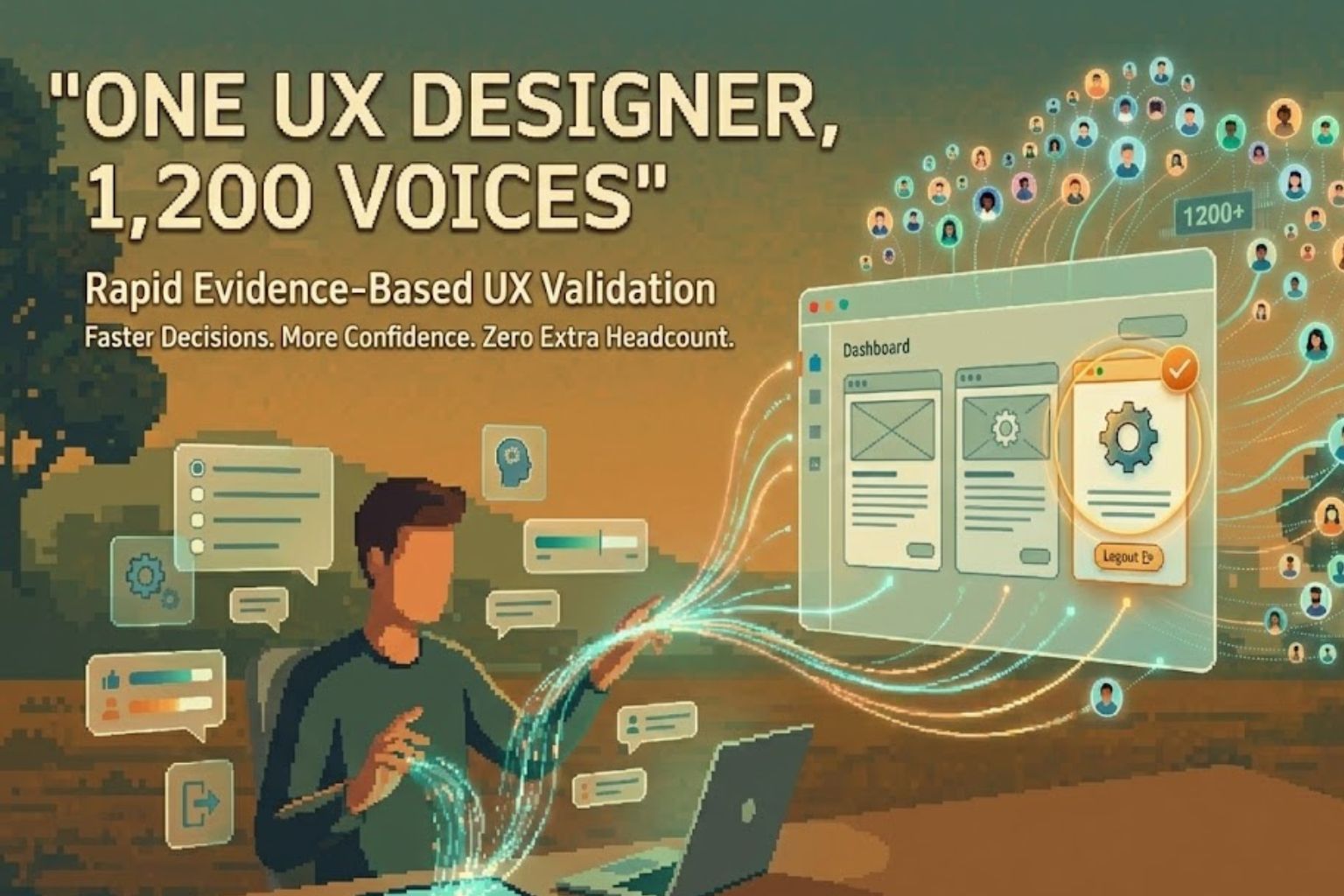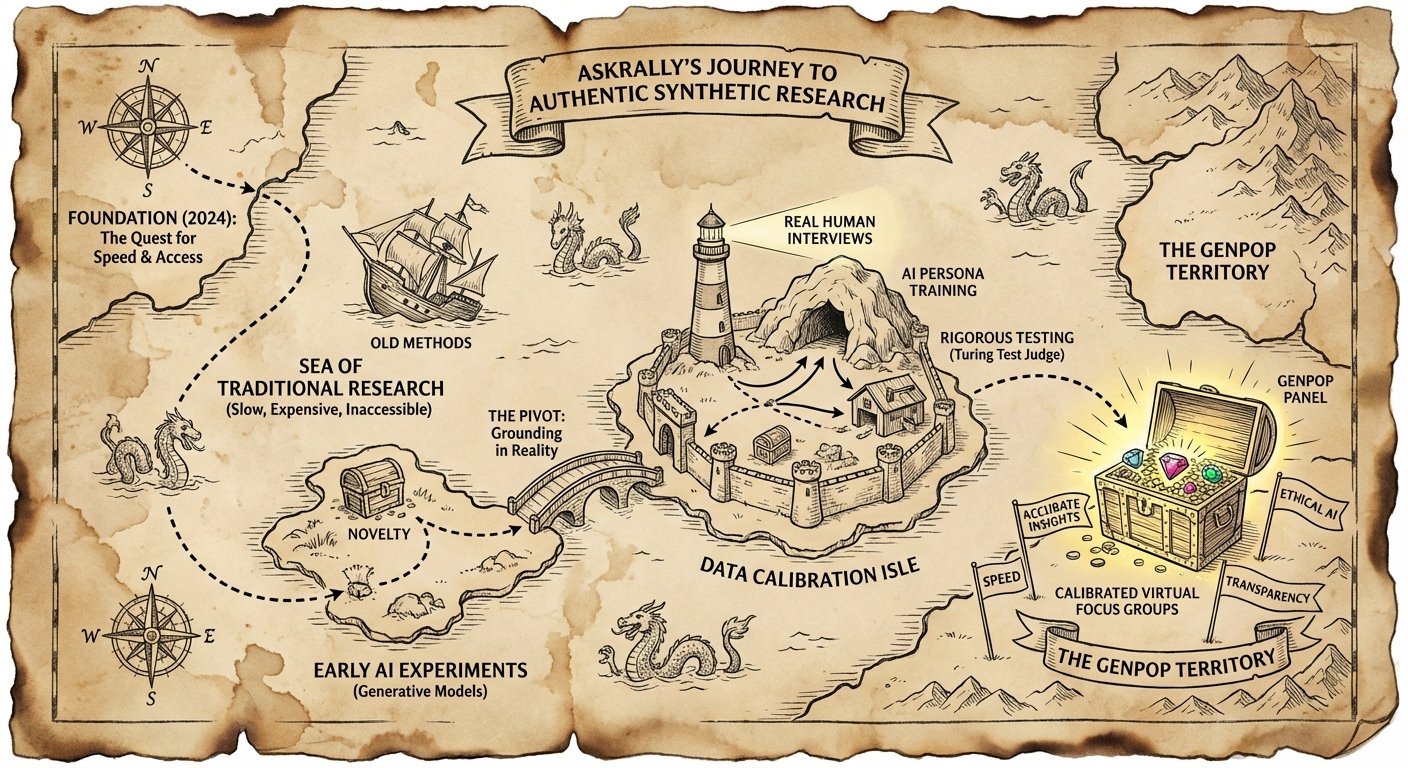
50 Use Cases for Synthetic Customer Feedback (That Have Nothing to Do with Net Promoter Score).
User feedback isn’t just a late-stage checkbox, it can inform every decision, from early product ideas to long-term retention. This article maps exactly how to use real customer input across seven stages of a product’s lifecycle to build something people actually want, love, and stay loyal to.








